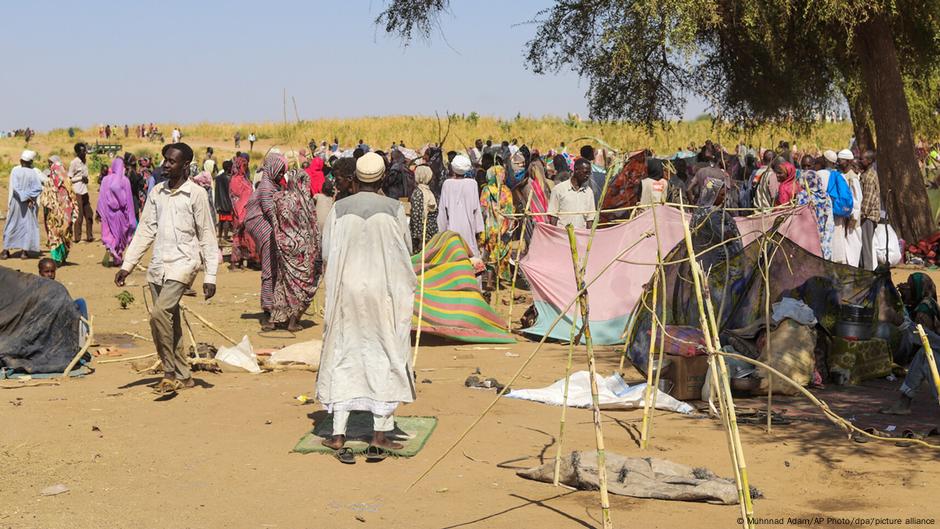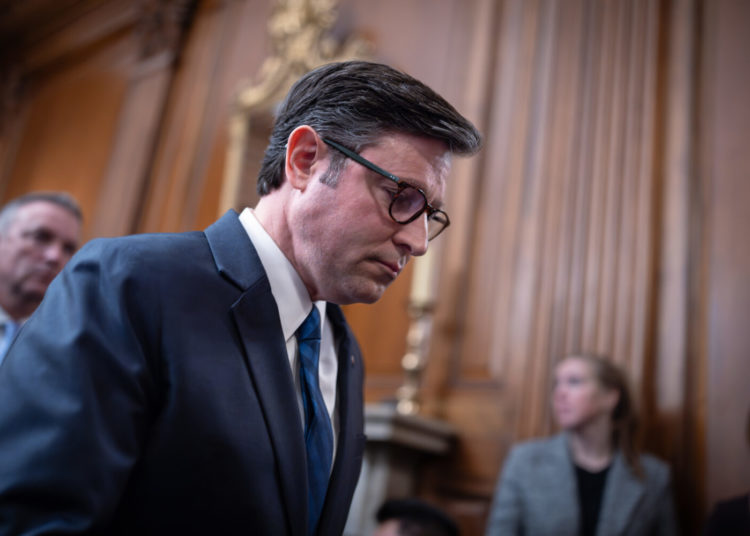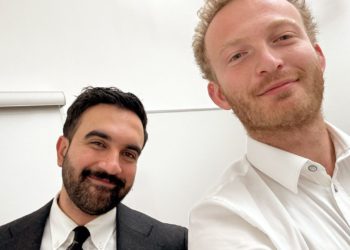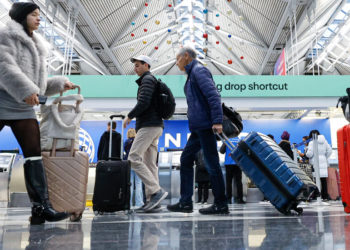UN Secretary-General Antonio Guterres called for an immediate end to military escalation in on Thursday, after the World Health Organization condemened by paramilitary forces.
Guterres said in a statement that he was “gravely concerned by ,” calling for “an immediate end to the siege and hostilities.”
Long the last major holdout of Sudanese government forces in Darfur, the Rapid Support Forces (RSF) militia seized control of el-Fasher after an 18-month siege during the country’s civil war.
The RSF can trace its roots back to the Janjaweed militia responsible for two decades ago, with observers alleging the group plans ethnic cleansing of groups like the Fur and Zaghawa peoples.
It now controls most of western Sudan, while the country’s military holds most of the north and east.
The army regained full control of the capital, Khartoum, in March, but the RSF has set up a parallel administration in the southwestern city of Nyala, leaving the country in a state resembling a de facto partition.
‘No public pressure’ on RSF or suppliers like UAE, laments think tanker
Speaking to DW on Thursday, Kholood Khair, founding director of the Confluence Advisory think tank in Nairobi, said it remained difficult to get a sense of what was happening on the ground in el-Fasher given the longstanding telecommunications blackout.
The only information currently seeping out was “either the videos that the RSF themselves are taking of their war crimes and atrocities” and observations from institutions like the Yale Observatory, often using satellite footage.
She said she had no confidence in RSF leader Mohamed Hamdan Dagalo’s pledge to investigate any wrongdoing by his forces.
Khair said this was “just talk,” given that the RSF had been “living within and and relying on a culture of global and national impunity that has allowed them to attack and kill the people of Sudan without any accountability whatsoever” in recent years and decades.
Asked about the international response to the uptick in violence in a more than two-year-old conflict, Khair said “the people of Darfur are effective alone,” with only muted public appeals for calm and almost no effort to single out those fueling the fighting, like the United Arab Emirates, “which has been the main weapon supply of the RSF.”
“Certainly no public pressure,” Khair said. “A lot of the statements that are being released … are not naming the United Arab Emirates and not naming the types of violence that we’re seeing: atrocities, genocidal violence. And that is a huge problem in terms of confronting the kind of violence that we’re seeing and hopefully putting a stop to it.”
Sudanese military government urges EU to do more
Speaking in Brussels on Thursday, Sudan’s Ambassador to the EU Aldelbagi Kabeir was similarly critical, saying an EU statement on the conflict was “way below our expectations.”
Kabeir called on the EU to “bring pressure to bear on the regional and international sponsors of the militias,” to enforce a 2004 UN embargo on weapons exports to the Darfur region, to achieve “international justice to end the impunity,” and to designate RSF militias as a terrorist entity.
Security Council convenes over situation in Sudan
A UN Security Council session on Darfur originally scheduled for early November was brought forward to Thursday at the request of the UK, Denmark as well as Algeria, Sierra Leone and Somalia, plus Guyana, the African rotating members of the Council.
UN Undersecretary-General for Humanitarian Affairs Tom Fletcher was expected to brief the Council, both in an open session and likely also later in closed talks, according to UN information.
Edited by Sean Sinico
The post Sudan: UN calls for end of el-Fasher siege in Darfur appeared first on Deutsche Welle.




